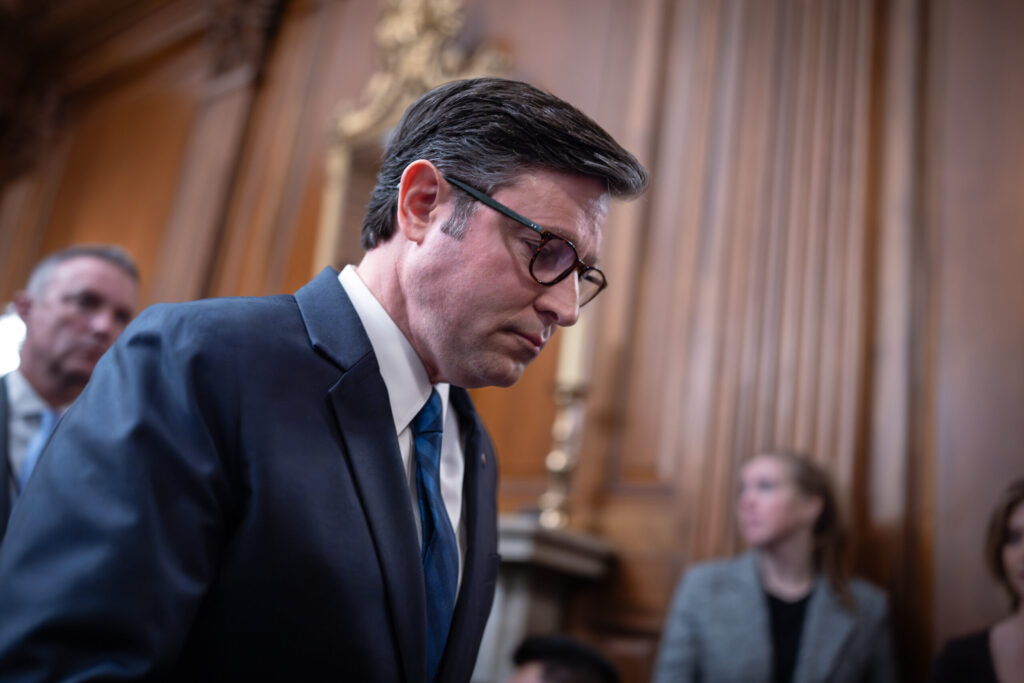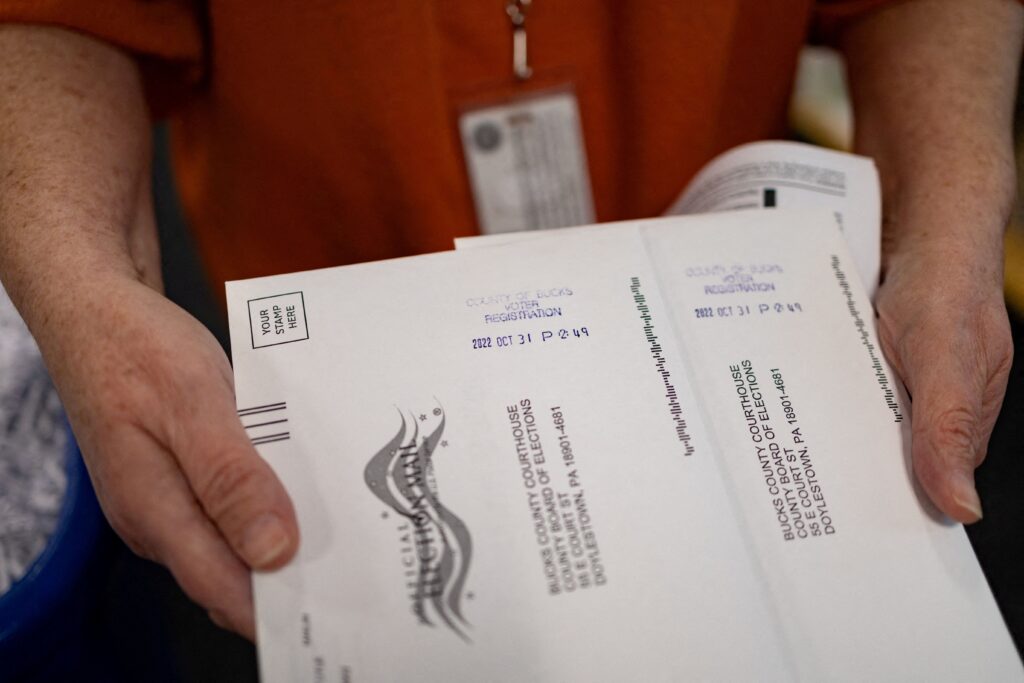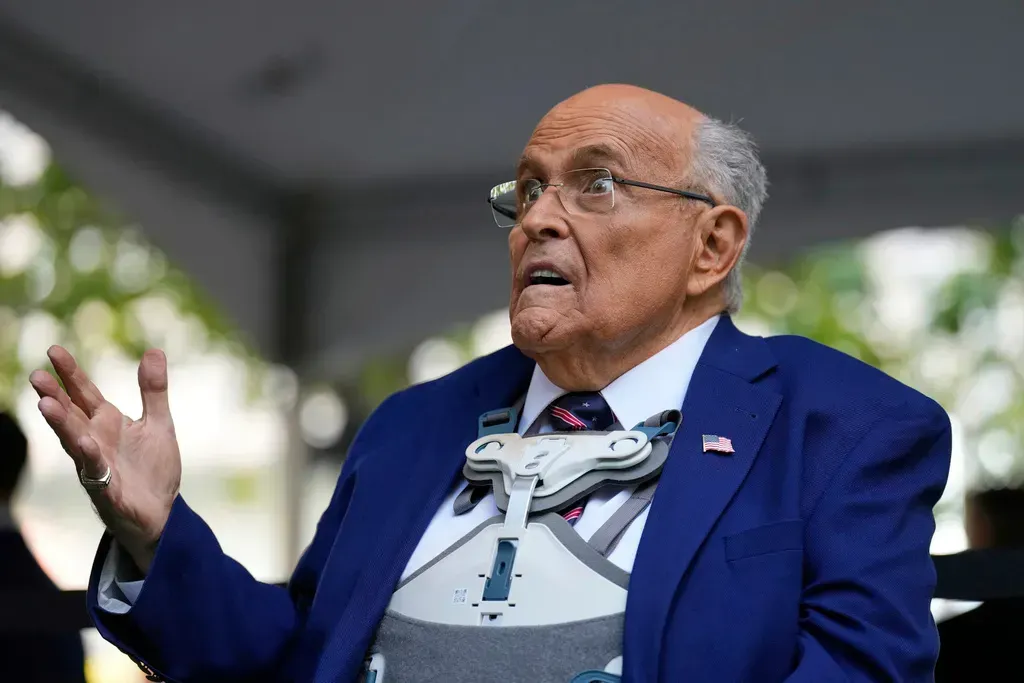Gov. Jared Polis vetoes 6 bills dealing with ‘white bagging,’ youth sports and more
Gov. Jared Polis’ office announced late Friday evening that the governor has rejected six bills, including measures that deal with employee discipline, construction wages and the treatment of energy derived from burning solid waste.
It’s the governor’s first vetoes of bills passed in this year’s legislative session, when lawmakers sent more than 500 bills of the 705 introduced to Polis’ desk. As for Friday night, Polis was still working through more than 300 bills that needed his action.
One of the bills vetoed involved wage claims in the construction industry. House Bill 1008 would have made a general contractor liable for wage claims by workers for salaries allegedly owed by a subcontractor.
In a statement, Polis said he agrees with protecting a worker’s right to be paid.
“This bill, however, would let subcontractors who fail to pay their workers off the hook, do little if anything to prevent additional wage theft, and penalize good actors who pay all their workers on time,” the governor said. “This bill misaligns incentives for subcontractors to pay their workers by making general contractors liable for failing to require that wage theft investigations start with the offending subcontractor and work their way (as is law in the City and County of Denver).”
Polis also vetoed House Bill 1010, which would have regulated health insurer practices under certain circumstances regarding complex drugs administered in a provider’s office. These practices are known as “white bagging” and generally direct patients to use in-network specialty pharmacies to receive coverage.
In the veto letter, Polis said while he appreciates the “thoughtful efforts intended to narrow the scope of the legislation, I am concerned that amid the high and rising cost of prescription drugs, this legislation removes an important way to negotiate lower costs for Coloradans and may subject families to increasing premiums.”
The governor also rejected House Bill 1080, which sponsors said was aimed at improving safety for young athletes. Polis said it conflicts with Senate Bill 113, which he was pleased to see pass. Polis said HB 1080 places “unrealistic and counterproductive expectations and undue burden on coaches and chaperones,” noting that many people serving in these positions are volunteers or family members.
Furthermore, Polis called HB 1080 an unfunded mandate.
The governor also rejected HB-1260, which would have created a state law where employers could not subject or threaten to subject an employee to discipline, discharge or an adverse employment action on account of an employee’s refusal to attend or participate in employer-sponsored meetings concerning religious or political matters.
Polis said the bill’s definitions of “political matters” and “religious matters” are so broad that they are “unworkable,” which, he argued, would result in unintended consequences for employers and employees alike.
“While this bill does include certain limited exceptions, I am concerned that even the exceptions will cause confusion and are insufficient in addressing employers’ day-to-day operational needs,” Polis said in his veto letter.
The governor also vetoed a bill that sponsors said would improve HVAC systems in public schools. While House Bill 1307 provides students with the opportunity to attend school in a healthy, safe environment, Polis said the measure has additional requirements that go beyond federal regulations.
“While this bill has the commendable objective of making Colorado applications for federal HVAC funds that they already qualify for more competitive and ensuring strong labor standards, it, unfortunately, does create roadblocks for school districts,” Polis said in his veto letter, adding the bill could deter districts, especially in rural areas, from applying for grant funding.
And, in vetoing Senate Bill 150, Polis said that, as originally introduced, bill would have halted several “promising production pathways” for aviation fuel, which is a “critical tool for meeting global climate goals by reducing net emissions from the aviation sector.”
SB 150 would declared that synthetic gas produced by burning solid waste is not an eligible energy resource for the purposes of certain state-level renewable energy standards, and that methane from solid waste is not a “clean” heat resource.
“It is the role of the General Assembly to create incentives that target specific industries, geographies, or job types, with the goal of generating economic growth,” Polis said in the veto letter. “Prohibiting a specific technology along these lines sets a damaging precedent and discourages potential innovation.”











